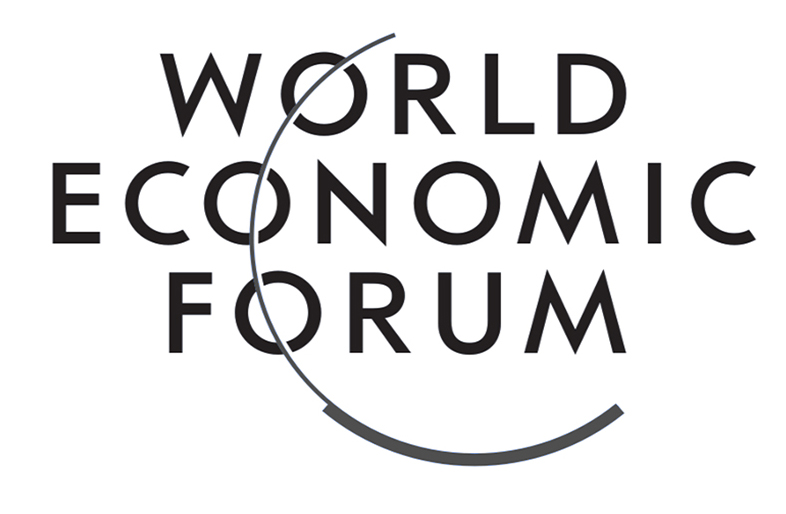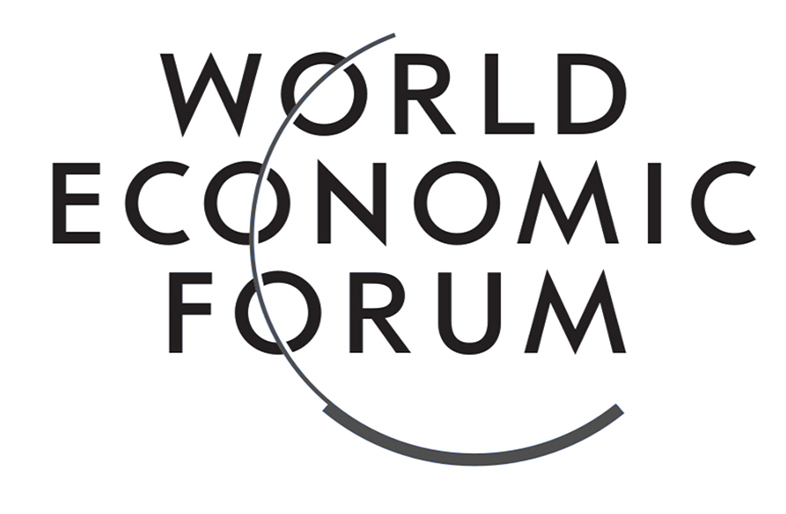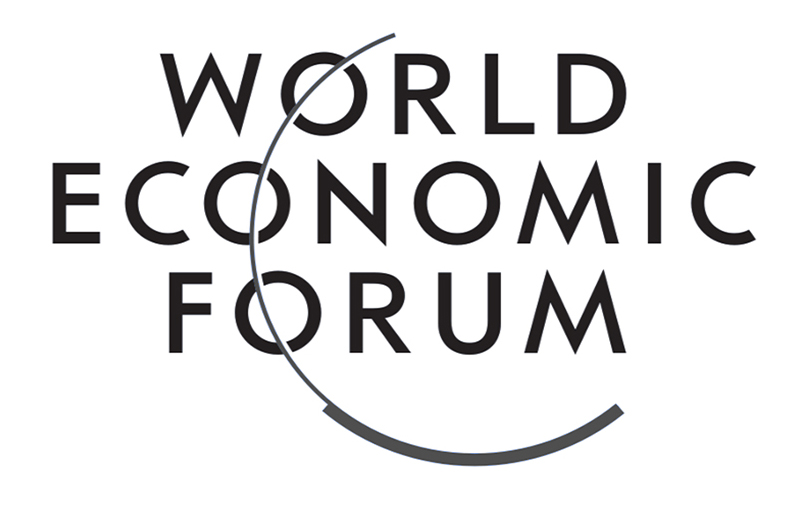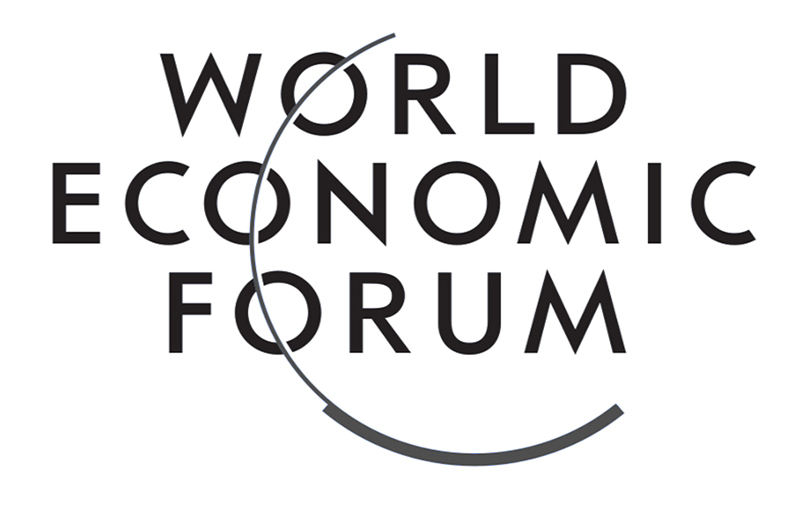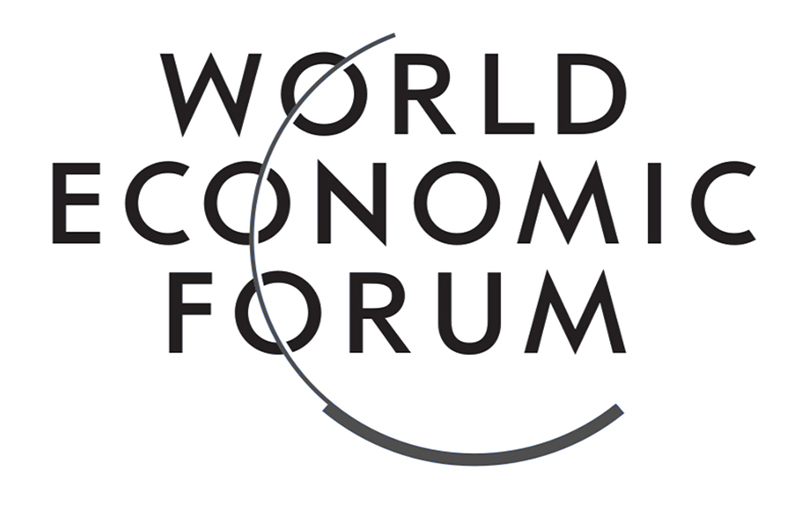Filters
Search Programme
Programme Categories
- Accessible Tourism ( 4 )
- Coronavirus (COVID-19) ( 10 )
- Economy ( 8 )
- Fashion ( 4 )
- Food & Beverage ( 1 )
- HOTREC ( 6 )
- Innovation and Entrepreneurship ( 2 )
- Law ( 1 )
- Policy Papers ( 4 )
- Reports ( 29 )
- Sustainability ( 4 )
- Tourism and Hospitality ( 3 )
- Trade and Development ( 7 )
- Transport and Mobility ( 2 )
The deep and widespread economic and social damage caused by the global financial crisis has been followed, in most advanced economies, by a decade of austerity, sluggish productivity growth and stagnant real wages. Growth has also slowed in most developing countries, albeit with considerable variation across regions. The struggle to create good jobs has intensified, with rapid urbanization, premature deindustrialization and rural stagnation accompanying rising inequality and growing political tensions.
Everywhere, anxiety over the prospect of increasing economic insecurity is compounded by the impending threat of environmental breakdown. The Intergovernmental Panel on Climate Change has recently raised the stakes by starting the clock on a climate meltdown; but a shortening time horizon is just part of a growing recognition of a wider and deeper ecological crisis.
Efforts to address these challenges have aligned around a series of goals and targets, which the international community agreed in 2015, to ensure an inclusive and sustainable future for all people and the planet. But with little more than a decade left to achieve Agenda 2030, meeting these goals has already fallen behind schedule and there is broad agreement that what is now required is a coordinated investment push on an unprecedented scale and across the entire global commons. The financing numbers are daunting, from “billons to trillions”, requiring an additional 2.5 trillion dollars a year, just in developing countries, on UNCTAD estimates.
A decade ago at the G20 gathering in London, the world’s major economies came together to stem the global financial panic triggered by the collapse of the sub-prime mortgage market in the United States and to establish a more stable growth path going forward. Their talk of a fresh start was an acknowledgement that the existing multilateral system had failed to provide both the resources and the coordination needed to underpin stable markets and a healthy investment climate.
A decade on, that effort has stalled, leaving those tasked with meeting the SDGs wondering whether the multilateral system is fit for purpose. Their concern is compounded by the deteriorating state of the global economy. Increased disagreements over trade rules, currency movements and technology flows are fostering uncertainty and instability, draining trust from the multilateral system at the very moment consensus and coordination are key to scaling up the resources needed to meet the massive economic, social and environmental challenges we all face.
This year’s Trade and Development Report suggests that meeting the financing demands of the Agenda 2030 requires rebuilding multilateralism around the idea of a Global Green New Deal, and pursuing a financial future very different from the recent past. The place to begin building such a future is with a serious discussion of public financing options, as part of a wider process of repairing the social contract on which inclusive and sustainable outcomes can emerge and from which private finance can be engaged on more socially productive terms.
Everywhere, anxiety over the prospect of increasing economic insecurity is compounded by the impending threat of environmental breakdown. The Intergovernmental Panel on Climate Change has recently raised the stakes by starting the clock on a climate meltdown; but a shortening time horizon is just part of a growing recognition of a wider and deeper ecological crisis.
Efforts to address these challenges have aligned around a series of goals and targets, which the international community agreed in 2015, to ensure an inclusive and sustainable future for all people and the planet. But with little more than a decade left to achieve Agenda 2030, meeting these goals has already fallen behind schedule and there is broad agreement that what is now required is a coordinated investment push on an unprecedented scale and across the entire global commons. The financing numbers are daunting, from “billons to trillions”, requiring an additional 2.5 trillion dollars a year, just in developing countries, on UNCTAD estimates.
A decade ago at the G20 gathering in London, the world’s major economies came together to stem the global financial panic triggered by the collapse of the sub-prime mortgage market in the United States and to establish a more stable growth path going forward. Their talk of a fresh start was an acknowledgement that the existing multilateral system had failed to provide both the resources and the coordination needed to underpin stable markets and a healthy investment climate.
A decade on, that effort has stalled, leaving those tasked with meeting the SDGs wondering whether the multilateral system is fit for purpose. Their concern is compounded by the deteriorating state of the global economy. Increased disagreements over trade rules, currency movements and technology flows are fostering uncertainty and instability, draining trust from the multilateral system at the very moment consensus and coordination are key to scaling up the resources needed to meet the massive economic, social and environmental challenges we all face.
This year’s Trade and Development Report suggests that meeting the financing demands of the Agenda 2030 requires rebuilding multilateralism around the idea of a Global Green New Deal, and pursuing a financial future very different from the recent past. The place to begin building such a future is with a serious discussion of public financing options, as part of a wider process of repairing the social contract on which inclusive and sustainable outcomes can emerge and from which private finance can be engaged on more socially productive terms.
- 0
- 0
Upskilling for Shared Prosperity is a call to action. It makes the economic case for providing employees with learning and development opportunities to expand their horizons while minimizing skills gaps. The report highlights certain challenges, such as addressing the disconnect between current education programmes and the skills employers need today and in the future, but also presents upskilling’s advantages, including wider social benefits triggered by the development of specific skills that will prove beneficial for the future success of the global economy. It offers recommendations for businesses and policy-makers, and shares examples of successful collaborations that can be replicated and expanded.
- 0
- 0
Building a Common Language for Skills at Work: A Global Taxonomy provides a framework for aligning around a universal language for skills. It synthesizes and builds on existing taxonomies by integrating definitions and categorizations of skills that we know to be of growing relevance in a fast-changing labour market. It consists of both an interactive taxonomy with definitions as well as recommendations for adoption and use cases.
- 0
- 0
Earth observation data can be essential for harnessing Fourth Industrial Revolution technologies for the public good. Digital Earth Africa shows how such innovations can enable widespread socio-economic development throughout the African continent, and how continental scale data infrastructure can democratize the capacity to process and analyse satellite data. This allows for the informed decision-making needed to tackle issues such as water scarcity, land use and food security.
- 0
- 0
The systems-wide change needed to create circularity in the automotive sector and sometimes seem costly and prohibitive. However, as this report demonstrates, significant abatement is possible for the auto industry with very little additional added vehicle material cost. Using a special carbon abatement model, this analysis shows that a large proportion of automotive material carbon emissions could be abated by 2030 at no net-cost increase using technologies and practices that could be implemented today.
- 0
- 0
TradeTech, or the set of technologies and innovations that enable trade to be more efficient, inclusive, and equitable, is fundamental to harnessing the innovations of the Fourth Industrial Revolution to support the public good. Yet the incorporation of technologies in trade could result in unintended consequences that should be addressed to ensure TradeTech works for all companies regardless of their size, and for all countries regardless of their level of development. This report aims to shed light on the landscape of emerging trade technologies and consider the opportunities and challenges for each, ranging from AI to IoT to 3D printing.
- 0
- 0


